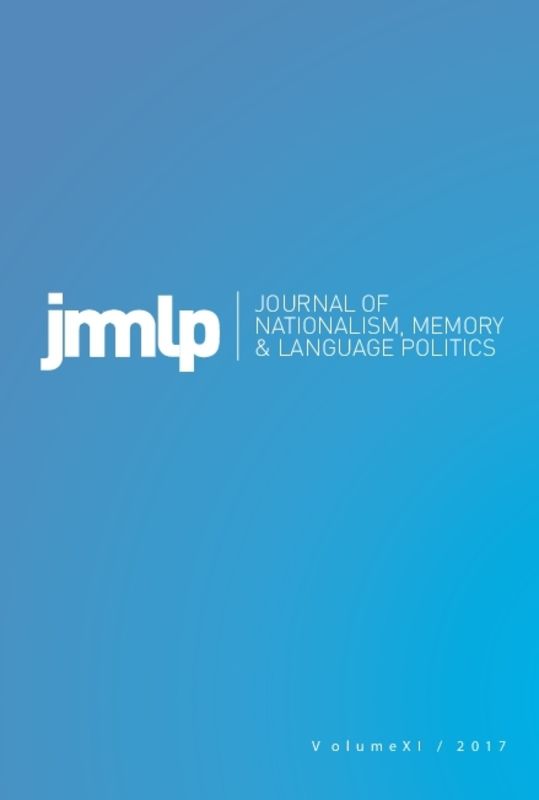Language Policy in Kazakhstan in the Context of World Practice
Language Policy in Kazakhstan in the Context of World Practice
Author(s): Galina Yedgina, Dzhambul Dzhumabekov, Lyudmila Zuyeva, Bibigu Dosova, Valeriya KozinaSubject(s): Politics / Political Sciences, Sociology, Politics and communication, Politics and society, Ethnic Minorities Studies
Published by: Univerzita Karlova v Praze, Fakulta sociálních věd
Keywords: ethnic policy; language policy; postcolonial countries; Kazakhstan; linguistic minorities;
Summary/Abstract: The problem of language policy formation arises from combined efforts to achieve the long- term goals of civil peace and avoid ethnic conflicts. Globalization poses a range of challenges to society, such as migration and multiculturalism. However, the language situation in postcolonial developing countries is more complex than in developed ones. This paper analyzes the history of language policy in Kazakhstan by comparing the experiences of other post- Soviet countries and developed countries in Europe and North America. The study relies on comparative historical and conceptual analysis of language policies and population censuses. The paper also explores different approaches to language policy formation from influential researchers to highlight the most significant factors behind a successful language policy. The primary goal of language policy in Kazakhstan is to overcome the dominance of the Russian language without violating the rights and freedoms of ethnic groups. The country’s strategy involves promoting bilingualism to introduce the Kazakh language into all spheres of public life step by step. The results of the study may help other developing countries to shape their national language policies. They may also find applications in political science, futurology, and political forecasting.
Journal: Journal of Nationalism, Memory & Language Politics
- Issue Year: 17/2023
- Issue No: 01
- Page Range: 76-96
- Page Count: 21
- Language: English

